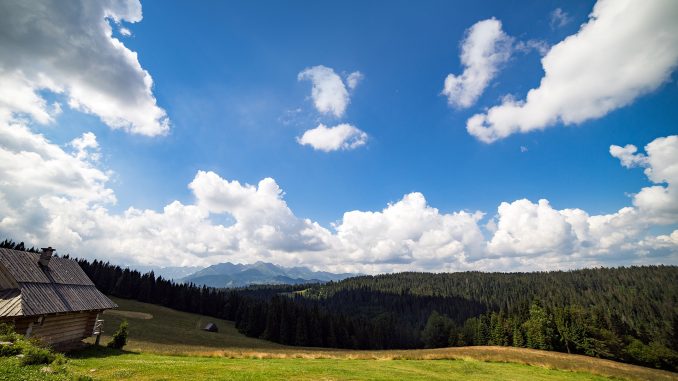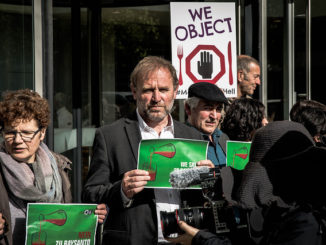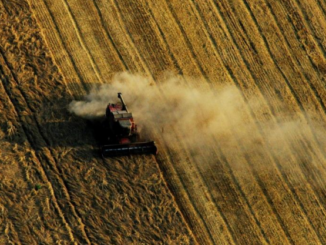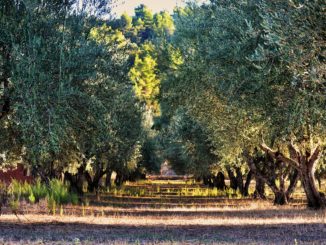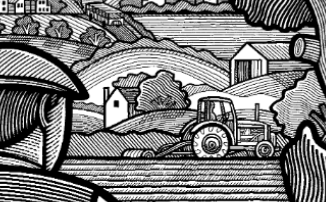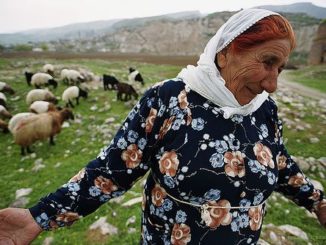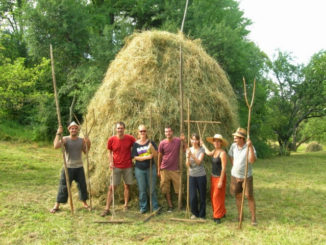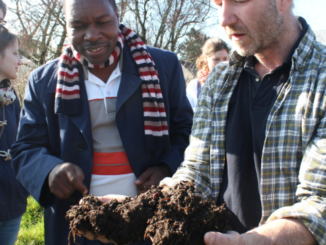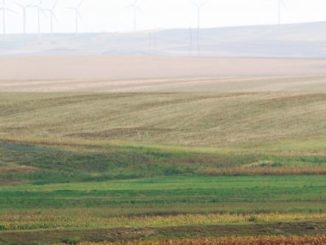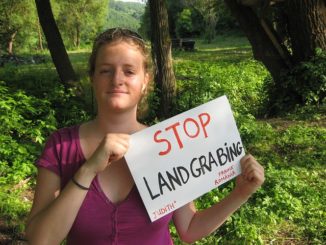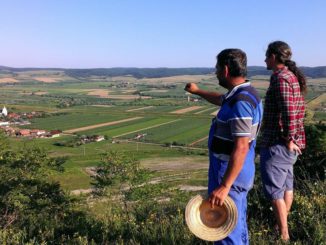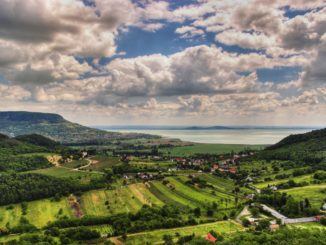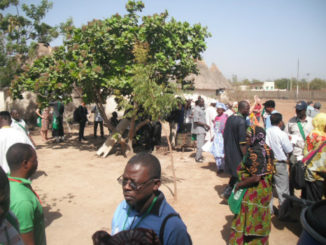By Attila Szocs, Eco Ruralis Land Rights Campaigner Land grabbing in Romania is reaching a blatant level but mobilisation against it is scaling up too. On the 26-27th of September, 2015, Eco Ruralis hosted in Cluj Napoca the first meeting of a newly established Working Group on the Right to Land. During the gathering, Eco Ruralis members and supporters debated important land related problems faced by peasants and agroecological food producers: lack of transparency behind large land acquisitions, equitable access to land for young and future farmers and land policies oriented towards land concentration. The meeting specified future collaboration by the group in order to intervene on the issue of land grabbing and fair access to land in Romania. Defining land grabbing generated an interesting debate inside the group. Several criteria were raised, taking into consideration quantitative and qualitative indicators of what is a land grab. First of all, we noted the duality of the Romanian countryside, where more than half of the available lands are cultivated by small farmers, while the other part is controlled by companies and other actors. This obviously opens up […]
